Description
Barium Sulfate: The Unsung Hero of Medical Imaging and Beyond
Barium sulfate is a compound many might only vaguely recognize, but it plays a crucial, often invisible, role in modern medicine and various industrial applications. This white, crystalline powder, insoluble in water, is far more than just a chemical formula; it’s a versatile material with unique properties that make it indispensable in a range of fields.
The Star of Medical Imaging:
Perhaps the most well-known application of barium sulfate is its use as a contrast agent in medical imaging, specifically X-rays and CT scans. When a patient drinks or receives an enema containing barium sulfate, it coats the lining of the esophagus, stomach, intestines, and colon. Because barium strongly absorbs X-rays, it makes these soft tissues, otherwise difficult to visualize, appear clearly on the images. This allows doctors to detect and diagnose a variety of conditions, including:
- Ulcers: Highlighting areas of erosion in the stomach lining.
- Polyps and Tumors: Detecting abnormal growths in the digestive tract.
- Swallowing Difficulties: Identifying blockages or structural abnormalities in the esophagus.
- Inflammatory Bowel Diseases: Assessing the extent and severity of conditions like Crohn’s disease and ulcerative colitis.
The brilliance of barium sulfate lies in its high atomic number, which leads to efficient attenuation of X-rays. Moreover, its insolubility is crucial for safety. Since it’s not absorbed into the bloodstream, the risk of toxicity is minimized, allowing it to pass through the digestive system and be eliminated from the body.
Beyond the Clinic: Industrial Applications:
While its medical applications are prominent, barium sulfate also plays a significant role in various industries:
- Paints and Coatings: Used as a filler and extender in paints and coatings, barium sulfate enhances opacity, brightness, and durability. It improves the paint’s resistance to weathering and fading, contributing to a longer-lasting finish.
- Plastics: Incorporated into plastics as a filler, barium sulfate provides increased weight, opacity, and chemical resistance. It can also improve the thermal stability and dimensional stability of the plastic product.
- Paper Industry: Used as a coating agent in paper production, barium sulfate improves the brightness, smoothness, and printability of paper. It helps to create a more durable and attractive surface for printing.
- Oil and Gas Industry: Barium sulfate, often in the form of barite, is used as a weighting agent in drilling muds. These muds help to control pressure in the wellbore, prevent blowouts, and stabilize the well.
Production and Safety Considerations:
Barium sulfate is typically produced industrially by reacting barium sulfide with sodium sulfate. This process yields barium sulfate as a precipitate, which is then filtered, washed, and dried.
While barium sulfate used in medical imaging is rigorously tested to ensure purity and safety, it’s essential to remember that it is, in essence, a heavy metal compound. Rare side effects can occur, such as constipation, abdominal cramping, and, in extremely rare cases, severe allergic reactions. It’s crucial for patients to follow their doctor’s instructions carefully when undergoing barium studies.
Conclusion:
Barium sulfate, often overlooked, is a vital compound that contributes significantly to both medicine and industry. From enabling clear visualization of the digestive tract to enhancing the properties of paints and plastics, its unique characteristics make it an indispensable material. Its continued use highlights the importance of understanding the properties of chemical compounds and harnessing them for the betterment of human health and technological advancement. This unassuming white powder continues to play a crucial role in making our lives healthier and more convenient, demonstrating the power of chemistry in shaping the world around us.

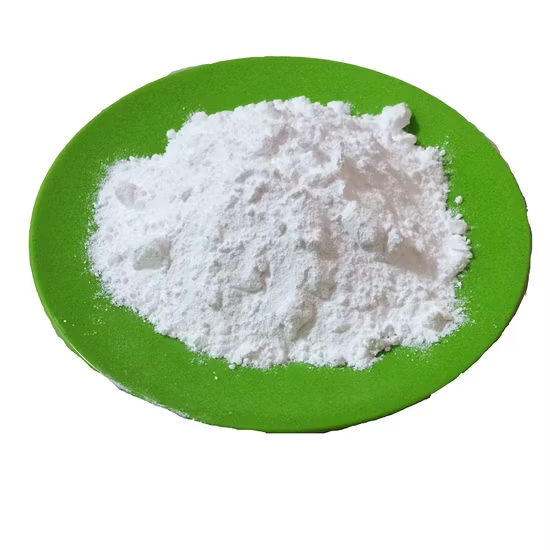
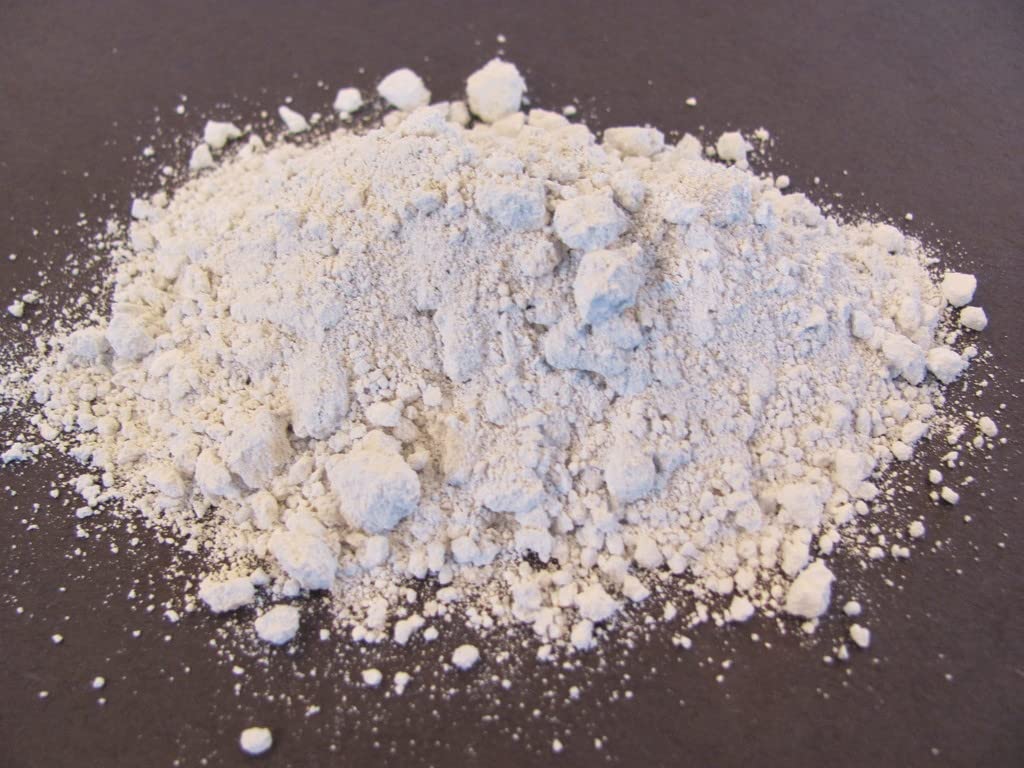
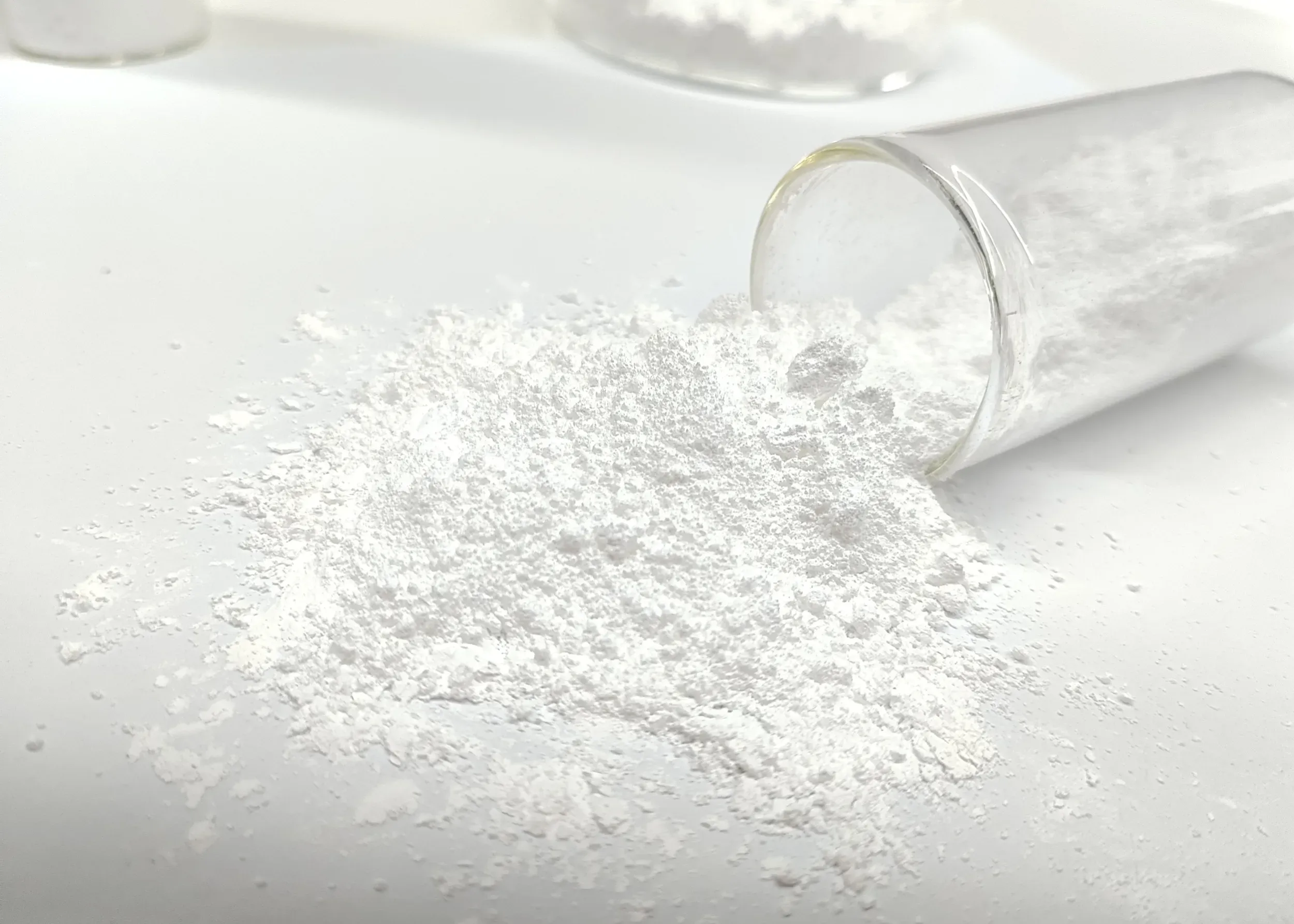
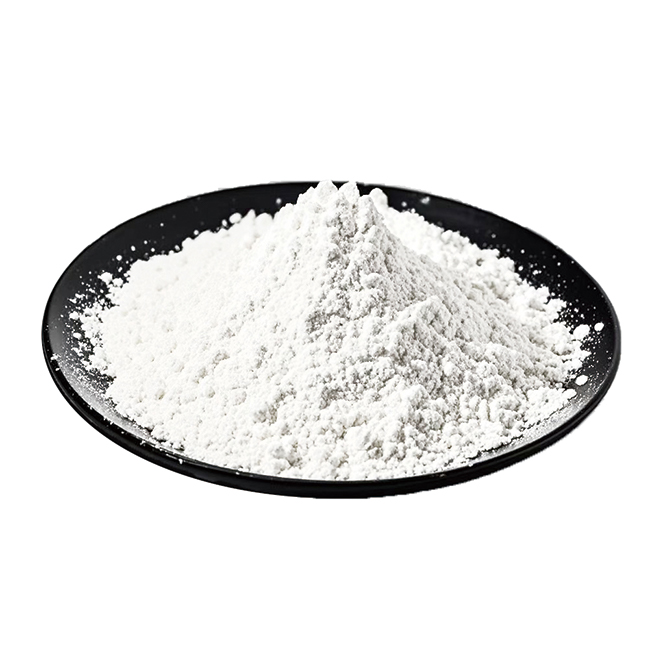
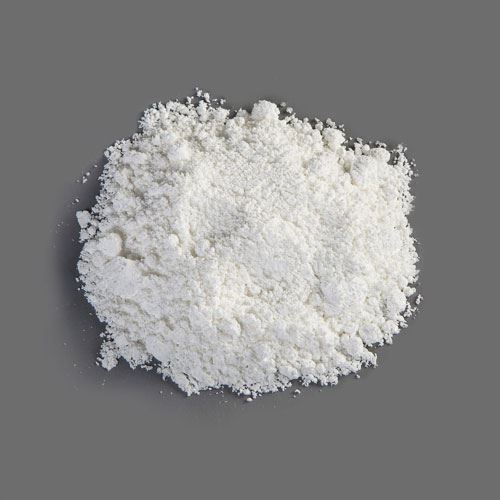
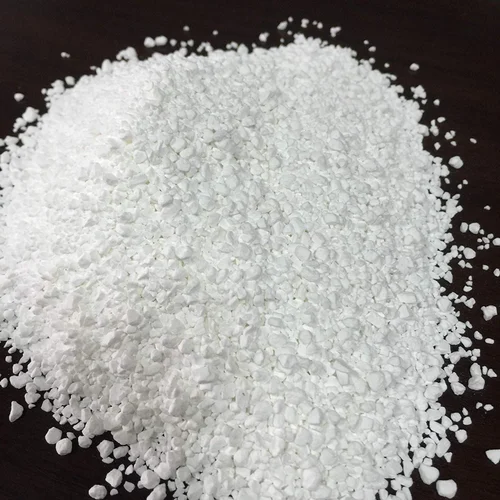


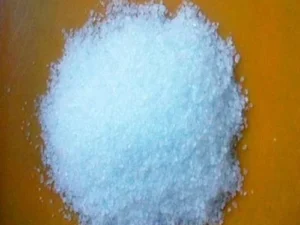


Reviews
There are no reviews yet.